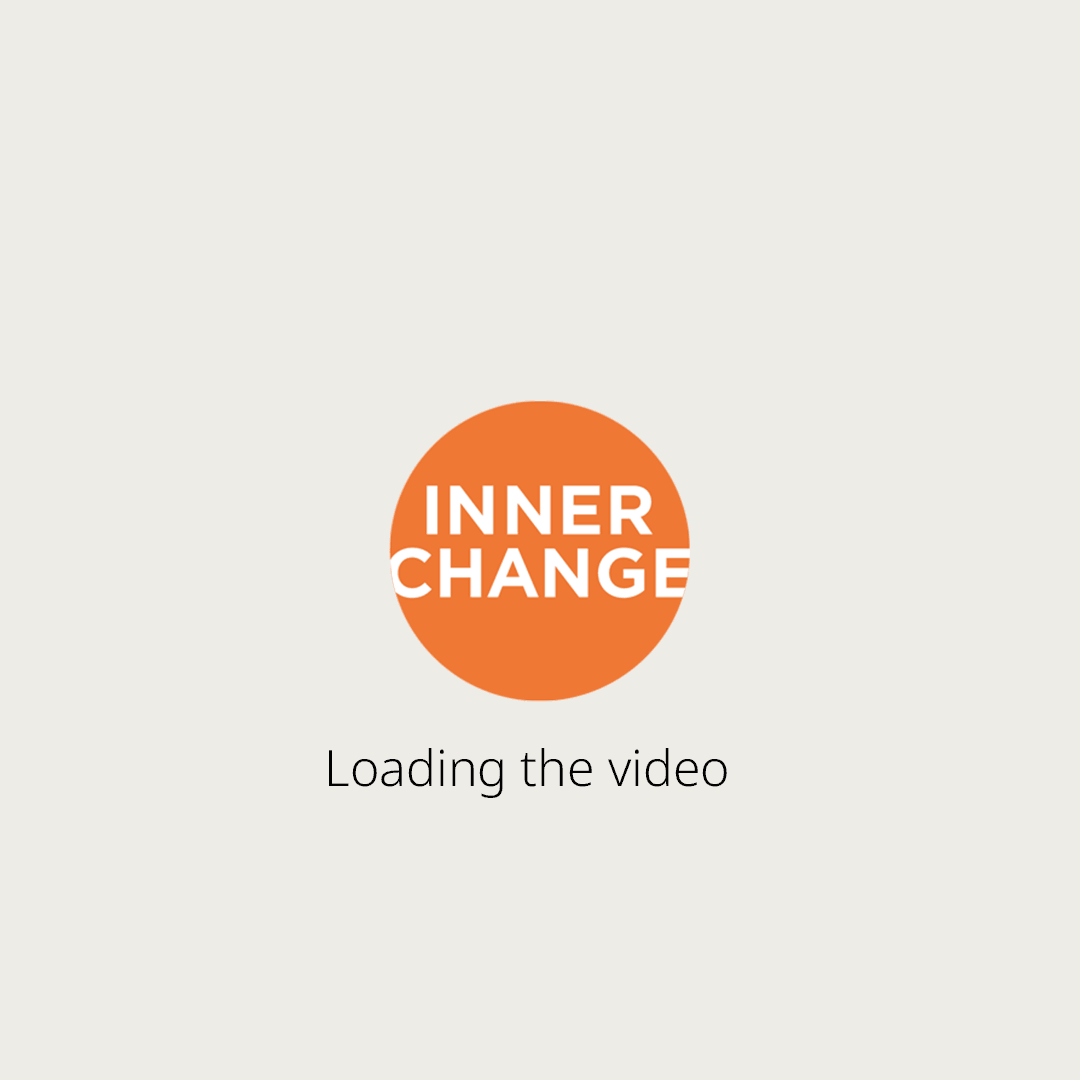One of the things that we did in our Friday seminar in the early days in the mid 1980s, was find a road map for forgiveness. So we talked to many people who said they had forgiven. I would give talks on it and we started building this road map. Here's the short version of that roadmap that we have now tested scientifically with the incest survivors, or cardiac patients or women who are in hospice or various kinds of groups who are hurting and need some relief by forgiving.
First you have to be aware you've been treated unjustly. Sometimes pride gets in the way. Oh no no it wasn't that bad. But forgiveness asks you to take a humble path and say I've been treated unfairly and I'm hurt. I have pain and out of that pain it's come complications such as anger, sometimes sleeplessness, sometimes fatigue, sometimes thinking over and over about the person in the event where the injustice itself tumbles into other injustices such as pain and anger and rumination and decreased energy. And when people see that the question that is, What are you going to do about this? How are you going to heal? People have taken up jogging programs or taken medicine or read books or tried to just forget it. But oftentimes this resentment, this pain, this anger gets a hold of them and they don't know how to get rid of it. So there we say: "Would you like to try forgiveness?" and we give them the definition so they know what they're going to do. You're got to acknowledge injustice, struggle to get rid of resentment, and offer goodness to the ones who hurt you without condoning, forgetting, reconciling necessarily and not abandoning justice. Would you like to try it? Hurting people usually say yes.
So then we put people through a thinking exercise. We first asked them to take up what we call a personal perspective on the one who hurt them. Is it possible the one who hurt you is hurt themselves by others? Is it possible that you've been wounded by someone who is a wounded person? Did something happen in their childhood or their adolescence or their adulthood by parents or partners or at work or even by their children that wounded them, and wounded them, and wounded them so their wounding you? Do you see now you're not seeing a monster who hurt you. You're not seeing evil incarnate who hurt you. You're seeing a human being who's wounded.
Then we take a global perspective. Do you share a humanity with this other person? You're both going to die one day. You both need nutrition, when you're both cut you bleed. You both are carrying around wounds. I know they gave you wounds but you both carry wounds. Do you see a common humanity?
And then we take a cosmic perspective but that depends on the faith base of the person. So if there's not a particular faith base we don't go to the cosmic perspective but it's to use the knowledge of the faith to go deeper in forgiveness. For example if someone has read the Bible whether it's Jewish or Christian we ask the question which is in Genesis 1, the first book of the Bible. Are you both made in the image and likeness of God? You can ask the Christian, Did Jesus died for you? Did Jesus die for the one who hurt, you can you both see yourself at the foot of the cross, both in need of that forgiveness and then we ask the feeling question when you take the personal global and cosmic perspectives. How's your heart? Is it a little softer toward that person? Is it not so stony cold? Can you enter into the world and experience of their woundedness? That's empathy. So if you can empathize with the other and you can have a little bit of a softer heart, that's compassion. We ask the person to reflect on that because that's a movement toward forgiveness.
And then we ask this: "You have pain don't you? And the other person gave you that pain. Are you willing to stand in the pain and not throw it back to the other? Are you willing to stand in that pain and not throw it back to your own children or your old partner or your old coworkers? And you see how heroic and strong that is that you're not passing pain in the world? And can you give a gift to the other? Why a gift? Because forgiveness is about gift giving, maybe it's a smile, maybe it's a return phone call, maybe it's donating some money to a charity for them if you're not reconciled. But if you do that you're really wishing the other well. Did you find meaning in your suffering? It's not about nothing, when you suffer, when you forgive, you become more attuned to other people's sufferings, as well as the suffering of the other, you become more sensitive and people than realise they have a new purpose in life which is to help diminish the wounds of the world because there are too many of them." And we realized the suffering that happened to me has made me a conduit of good toward the one who hurt me toward my family and even toward others outside of my family. And that's when you experience the paradox of forgiveness. You, yourself are healed by standing in the pain for the other, by giving a gift for the other, you are the one to experience this healing, and that pathway, this road map if you will is all worked out in American Psychological Association publication's of mine called: "Forgiveness is a choice".
